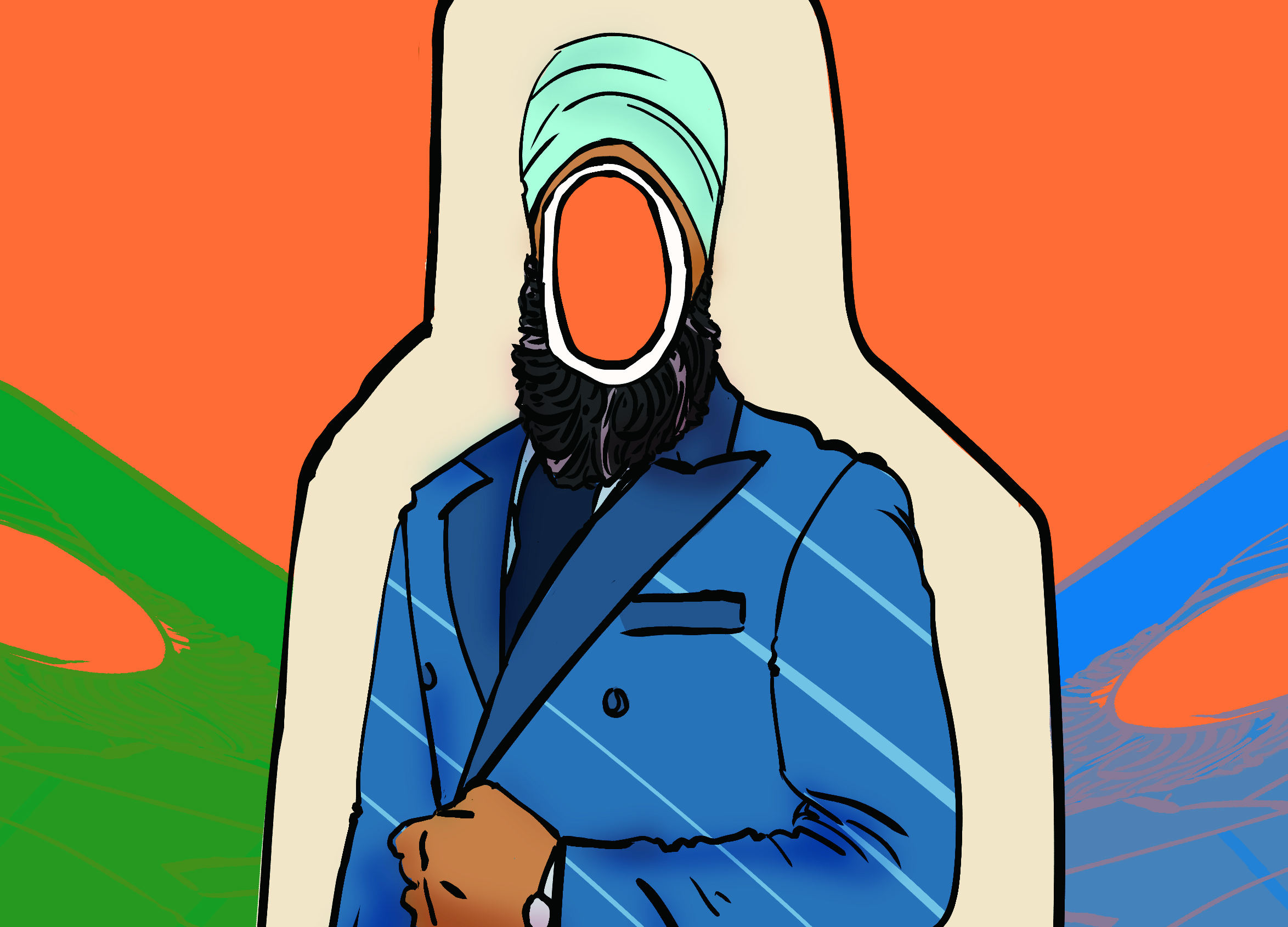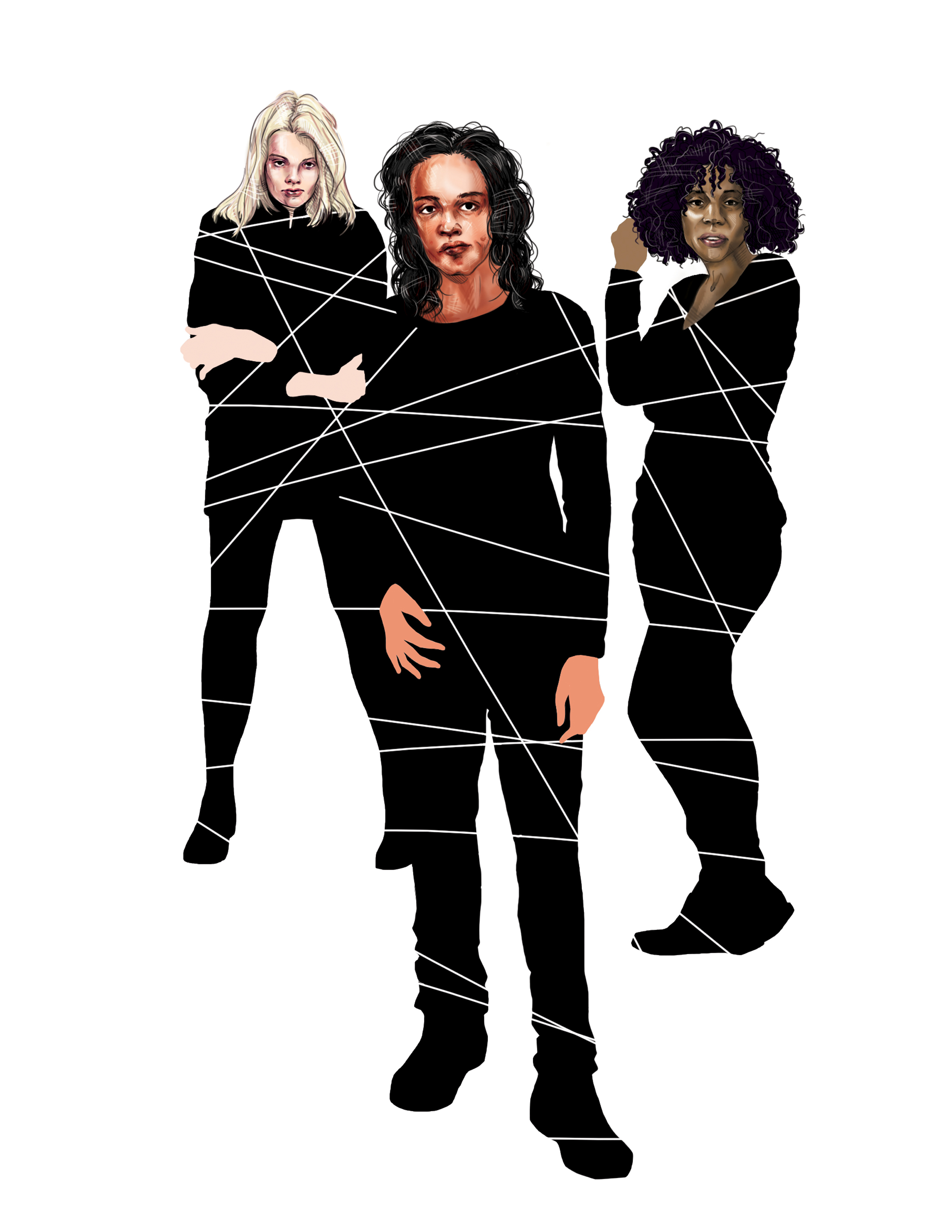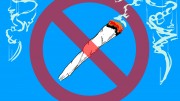At this time last year, my life was in shambles. I had just dropped out of law school after two weeks of classes, I was working at a Ticketmaster call centre and was overwhelmed with feelings of directionlessness. At this time this year, I’m a voluntarily unemployed full-time anarchist; and it’s all thanks to “The Plan.”
As far back as I can remember, I had always wanted to practice criminal law. I watched Law & Order religiously in order to pick up the brash courtroom mannerisms of my idol, Jack McCoy. In a misguided attempt at gaining real-world lawyering experience, I argued incessantly with anyone for any reason. In Grade 12 law, I aced every test, did every homework assignment twice and received the top grade gold medal for my efforts. Being a lawyer was my destiny. Funny how things change . . .
A university education has a tendency to transform one’s political perspective, though my metamorphosis was probably more dramatic than most. Over the course of a three-year B.A. I went from being largely apolitical, to a left-leaning liberal, to a Green Party-supporting social democrat and finally to a radical leftist with anarchistic tendencies. My thoughts on a legal career followed a similar trajectory: I went from wanting to be a crown prosecutor, to wanting to be a defence lawyer, to wanting to be a public defender, to wanting to bring down the entire legal system from the inside.
Law school is a weird place to be when you have no faith in the legal system whatsoever. Your classmates and professors all buy into the conceit that the system is functional or at least salvageable, and are therefore your nemeses. The opulence of Robson Hall — with its marble staircases and priceless works of art plastering the walls — was a constant reminder of the unearned class-based privilege enjoyed by myself and my fellow students. The free lunches and wine and cheese parties sponsored by high profile private law firms only added to my discomfort. When one student answered a question about the positive aspects of the Canadian legal system with, “It works!” and another responded, “It’s gotten us to where we are today!” I knew that I had to get out of law school as fast as I could.
Luckily, I dropped out in time to recoup most of my tuition and fees. Unluckily, I found myself adrift in a sea of anxiety and uncertainty. For the first time in a very long time my life was not going according to plan. Upon returning to the call centre I had worked at for that past summer, I quickly realized that it was a much more dismal place when it wasn’t just a temporary means to an end. The mindless drudgery of selling Justin Bieber tickets to Kentuckians only served to magnify my desperation.
I thought that I could cope with my situation by seeking solace between the pages of Adbusters or in the great works of Chomsky, Goldman and Jensen. Alas, those brief periods of stimulation that I was able to savour between hurried bites of last night’s schnitzel made the work of aiding and abetting the despicable actions of the wealthiest of the wealthy all the more guilt-inducing.
During one such lunch break, I had a revelation. Ticketmaster is a nearly perfect analogy to demonstrate the evil inherent in the whole of capitalism. The bourgeoisie (capitalist class) is exemplified in the record company bigwigs, arena owners and Ticketmaster executives. The proletariat includes my fellow (minimum) wage-slaves in the call centre and those who spend their last dime to buy tickets from Ticketmaster.
The record company execs produce nothing themselves, but are able to sell a useless luxury product — pop music — for a profit by virtue of the fact that they possess enough wealth to pay for commercials, print ads, constant radio rotation, banners in record stores, etc. The arena owners are able to profit from their wealth by purchasing or constructing the largest arena in a given city so that all the popular musicians must perform there (monopoly) and then charge a “facility fee” on every ticket sold.
Ticketmaster profits by monopolizing the middle-man position of ticket broker. They sell tickets on behalf of the arena owners and record company execs and charge a “processing fee” in exchange for the service. Only a tiny fraction of all that profit ever trickles down to those who do the real work: arena staff, truck drivers, factory workers and call-centre employees.
But, I digress.
So, Ticketmaster is evil, but then so is every other job that reduces its employees to mere cogs in the machinery of exploitation. I was faced with a predicament: if I continued to work, then I would be constantly wracked with the guilt that comes with class-consciousness. If I refused to work, my parents’ basement would be my permanent home.
How will our intrepid hero escape this horrible fate? Find out in two weeks’ time when The Plan’s second instalment will appear in this very spot.
Rob McGregor is a former law student now dedicated to The Plan.




